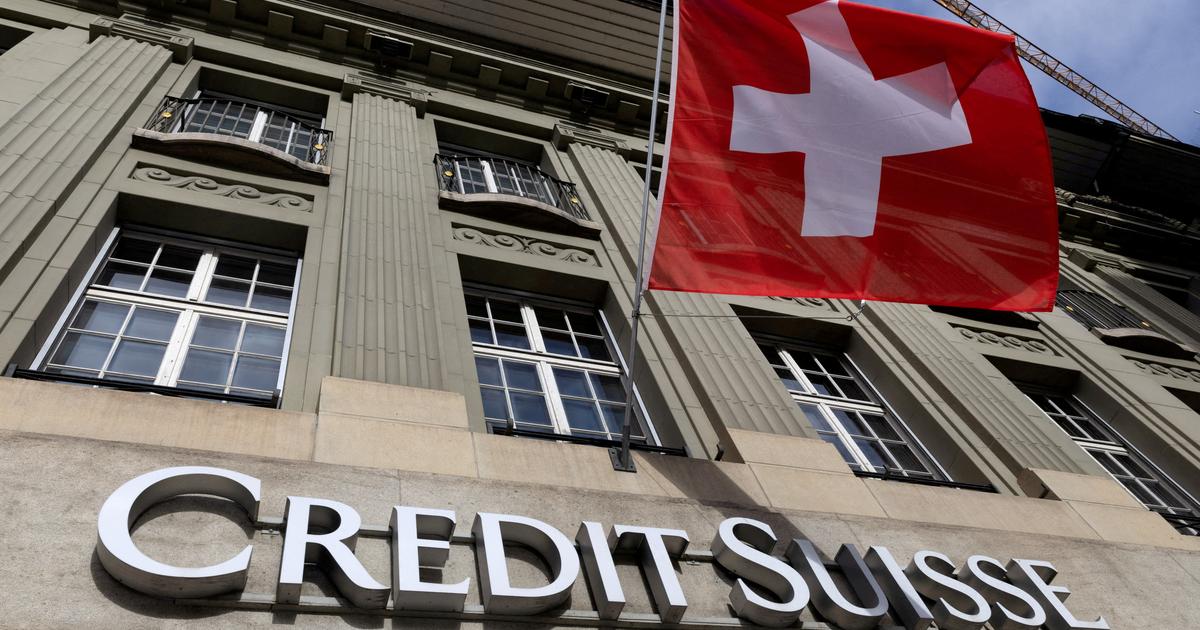The script for the collapse of Credit Suisse was written by the management of the traditional bank itself.
The bankruptcy is hitting employees and shareholders hard, while managers are still fighting for their last bonuses.
A commentary by Georg Anastasiadis.
The collapse of the Swiss banking giant Credit Suisse is a challenge for the global financial markets, but not a catastrophe.
It's only for their employees.
And for the shareholders, but they themselves are to blame for their misfortune.
Because the script for the collapse of the traditional bank was written by the management itself, apparently largely unmolested by the supervisory board: since 2013, the bank has made a loss of three billion francs, but has paid out 30 billion in bonuses.
This greed is ineradicable – even now, in the last minutes of Credit Suisse's life, the managers are fighting doggedly for their last bonuses.
The US Federal Reserve had to pump $300 billion into the financial sector last week
Bad corporate governance may be enough to survive in good times - but not when the environment becomes as adverse as it is right now.
The key interest rates, which have been rising rapidly for almost a year, are putting the industry under enormous stress.
The Americans notice that too.
With the closure of SVB and Signature Bank, which were less regulated as medium-sized financial institutions, the USA recently experienced the second and third largest bank failures after the Lehman fiasco.
The US Federal Reserve had to pump 300 billion dollars into the financial sector last week to save the industry - this impressively shows the drama.
A large part of the liquidity that the Fed had recently withdrawn from the economy to tame inflation flowed back into the market.
In other words, the turnaround in interest rates is over.
At most, the Fed can still afford one last small hike in interest rates tomorrow, and then it's over.
The banking crisis and the threat of recession are having a dampening effect on prices and should relieve the central banks of some of their work in combating inflation.
That's good news for homebuilders and stockholders, particularly in the long-beleaguered tech sector.
Not so much for savers.
But the days when you could collect interest on a fixed-term deposit account without risk are long gone - and they probably won't come back either.
If you want to generate returns today, you can no longer avoid the stock market.
George Anastasiadis













